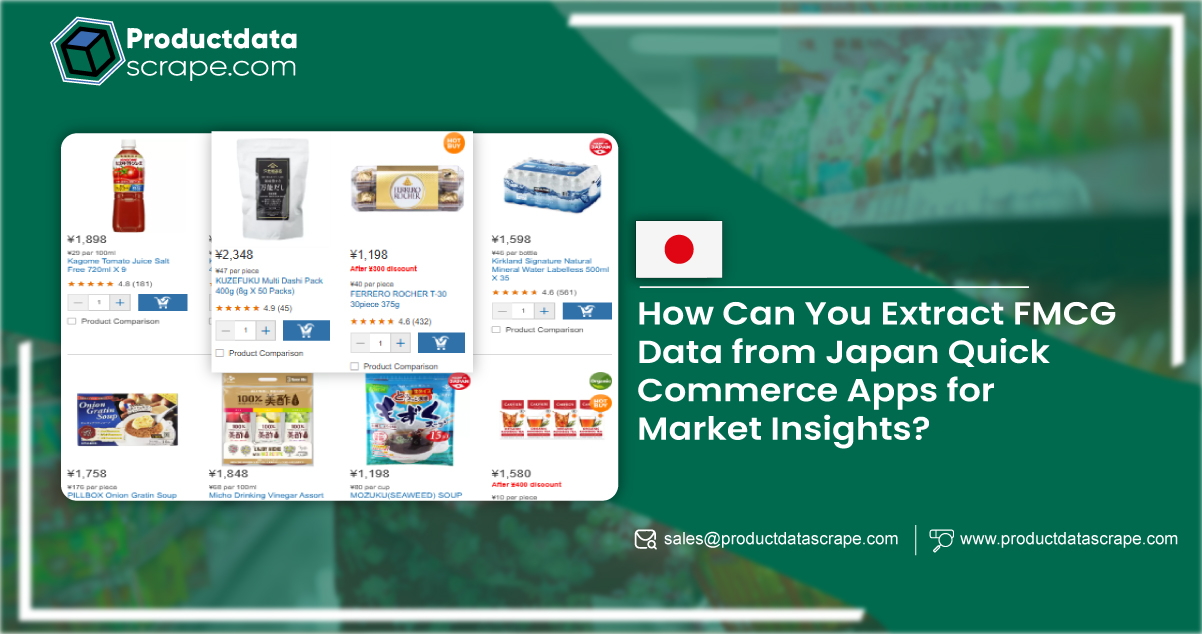
Introduction
Quick Commerce Apps have emerged as pivotal platforms for delivering goods at
unprecedented speeds in today's fast-paced eCommerce environment. This evolution is
particularly prominent in Japan, a country renowned for its tech-savvy consumers and high
adoption of advanced retail technology. These apps offer a goldmine of data for companies
in the Fast-Moving Consumer Goods (FMCG) industry. Whether it's consumer preferences,
pricing strategies, or inventory management, the insights garnered can drive significant
competitive advantage.
Here's a comprehensive guide on how to Extract FMCG Data from Japan Quick Commerce
Apps and leverage it for actionable business intelligence.
Why Is Scraping Quick Commerce Data Essential for FMCG Businesses?
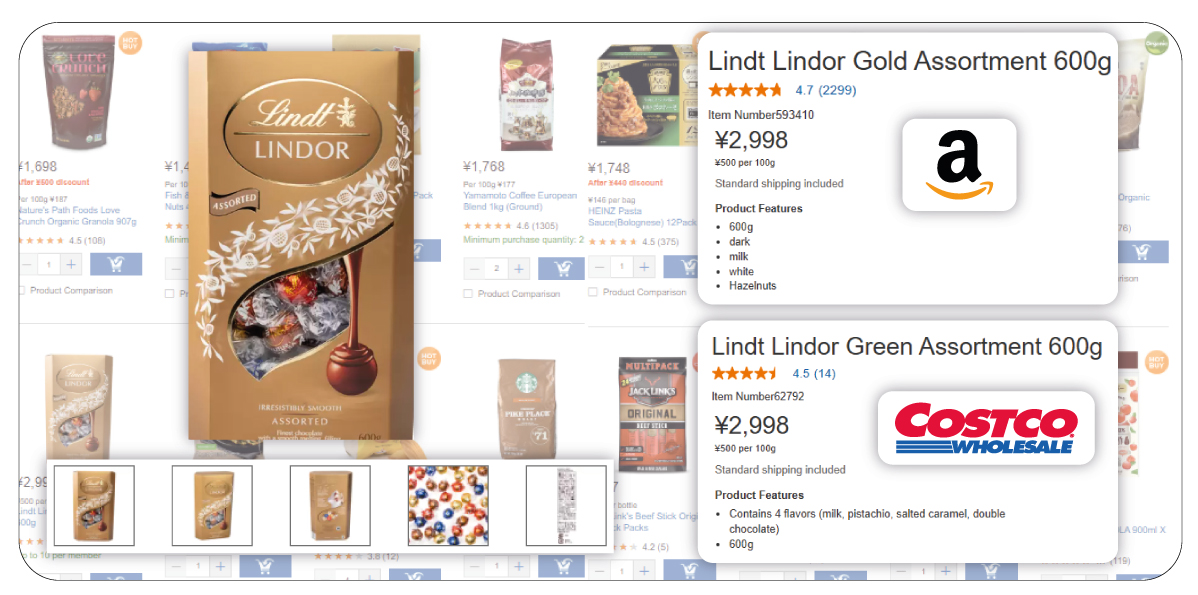
With rapid growth in the quick commerce sector, understanding consumer behavior and
market trends is more critical than ever. Here are some reasons why Scraping FMCG Data
from Japan's Quick Commerce Apps is a game changer:
1. Market Insights: Analyze product demand, seasonal trends, and consumer
preferences.
2. Pricing Intelligence: Stay competitive by monitoring dynamic pricing models.
3. Inventory Management: Understand stock availability and optimize supply chains.
4. Competitor Analysis: Gain insights into rival strategies and product offerings.
5. Localized Strategies: Japan's diverse regional preferences make data critical for
tailored approaches.
The Challenges of Extracting Data from Quick Commerce Apps
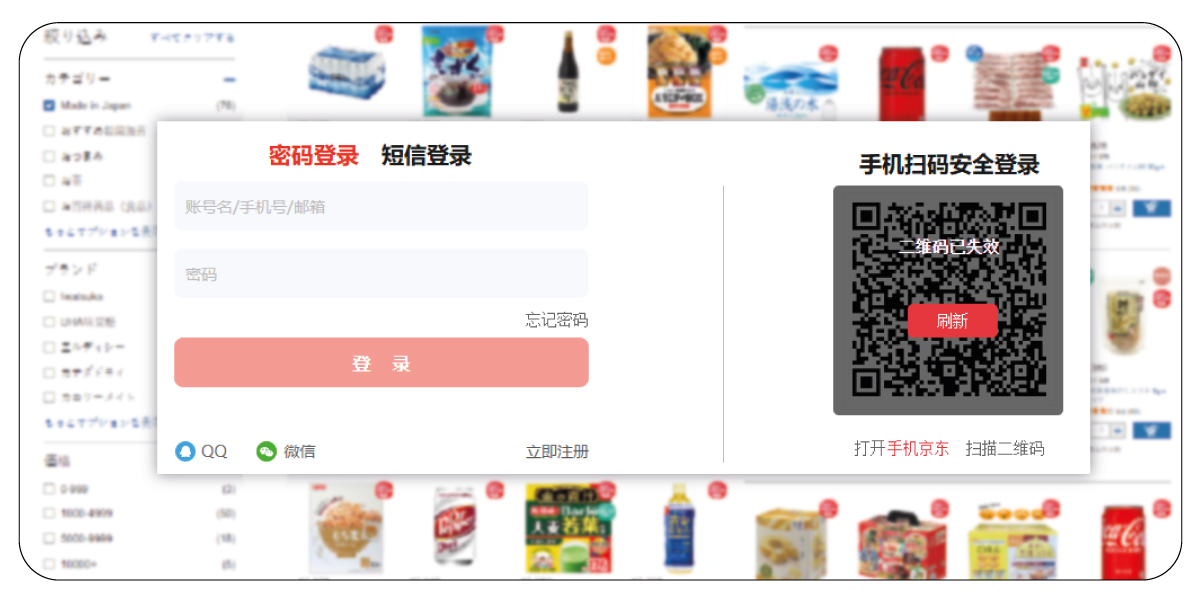
Quick Commerce App Data Extraction for FMCG in Japan involves navigating some unique
challenges:
1. Language Barriers: Many platforms use Japanese as their primary language,
necessitating robust translation capabilities.
2. Platform Restrictions: Apps often have anti-scraping measures to protect their data.
3. Dynamic Content: Real-time updates in inventory and pricing can complicate data
collection.
4. Legal Compliance: It is crucial to adhere to Japan's data protection laws, such as the
Act on the Protection of Personal Information (APPI).
Despite these hurdles, advancements in Web Scraping Grocery Delivery Data have made it
possible to extract insights efficiently.
Tools and Techniques for Scraping FMCG Data
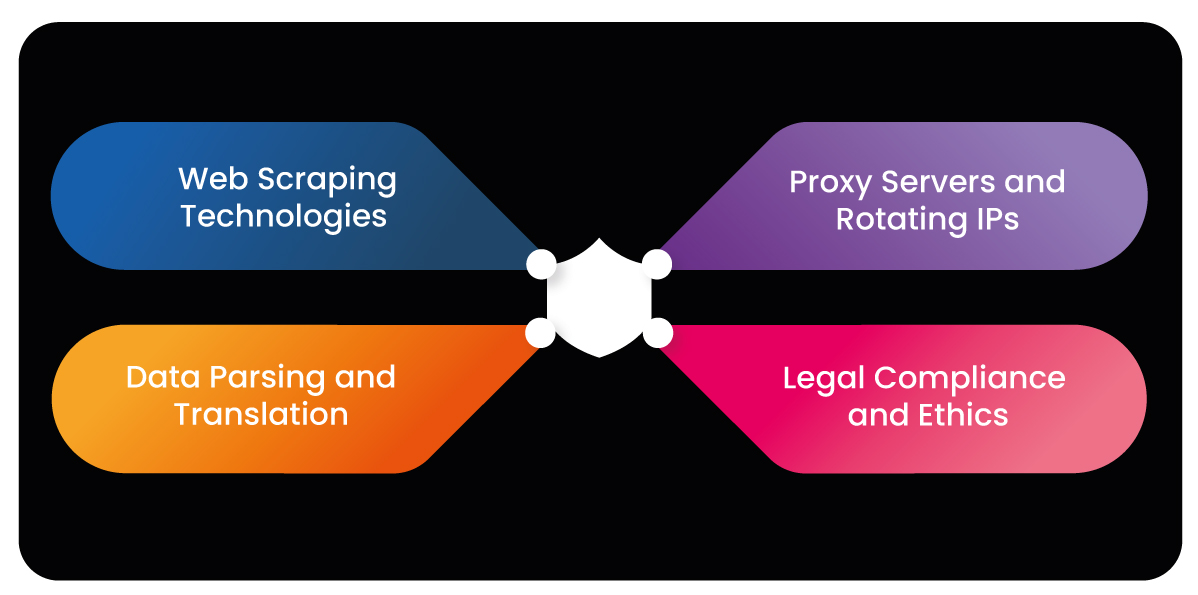
1. Web Scraping Technologies
Modern web scraping tools enable businesses to collect structured data efficiently. Popular
tools include:
- Python Libraries: Beautiful Soup and Scrapy are widely used for Web Scraping Quick
Commerce Data.
- API Access: Some platforms offer APIs that provide direct data access, simplifying
the process.
- Cloud-Based Scrapers: Tools like Octoparse and ParseHub offer no-code scraping
solutions.
2. Proxy Servers and Rotating IPs
Overcoming restrictions imposed by platforms often requires the use of proxies. Rotating
IPs prevents detection and ensures seamless data scraping.
3. Data Parsing and Translation
Given the predominance of Japanese on these platforms, integrating Natural Language
Processing (NLP) tools for translation is essential. This ensures that eCommerce Dataset
Scraping captures meaningful insights.
4. Legal Compliance and Ethics
When you Scrape FMCG Data from Japanese Quick Commerce Platforms, ensure
adherence to data protection laws. Using ethical scraping methods and respecting terms of
service is non-negotiable.
Key Data Points to Extract

When engaging in Grocery & Supermarket Data Scraping Services, focus on collecting these
critical data points:
1. Product Listings: Capture details like product name, brand, category, and SKU.
2. Pricing Information: Monitor regular prices, discounts, and dynamic price changes.
3. Consumer Reviews: Analyze feedback to gauge customer satisfaction and sentiment.
4. Inventory Levels: Track stock availability to predict trends and manage logistics.
5. Delivery Details: Understand delivery times, charges, and geographical coverage.
6. Promotional Campaigns: Extract data on deals, combos, and limited-time offers.
Best Practices for Web Scraping Grocery & Gourmet Food Data
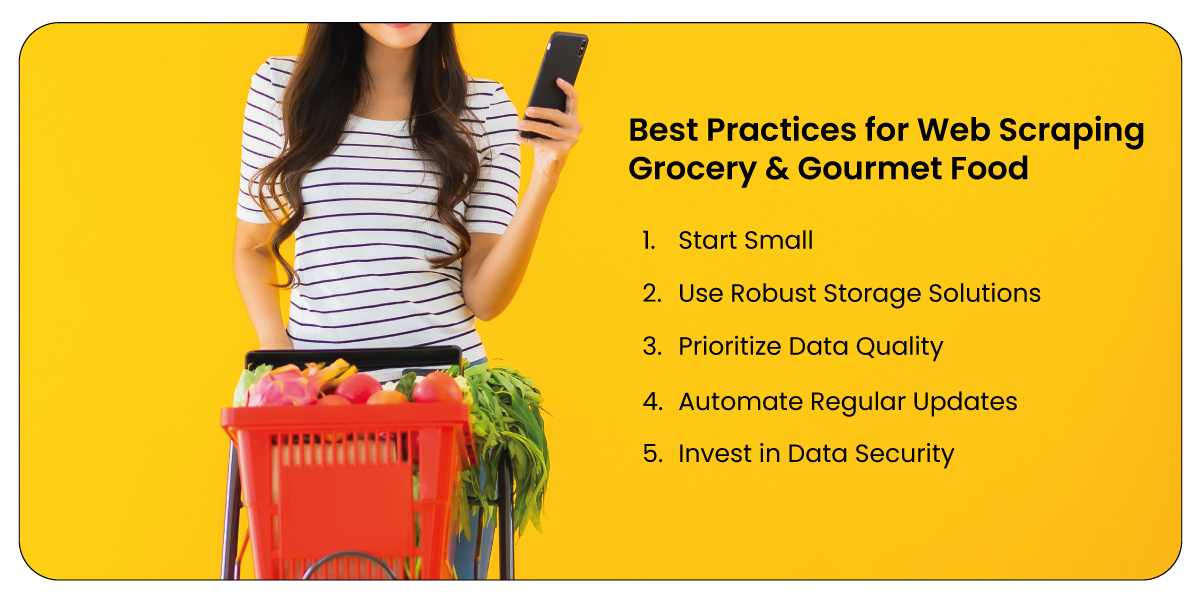
1. Start Small: Begin with a small dataset to test your scraping setup.
2. Use Robust Storage Solutions: Store data in scalable databases for easy access and
analysis.
3. Prioritize Data Quality: Regularly clean and validate your data to ensure accuracy.
4. Automate Regular Updates: Schedule scrapers to collect data periodically, ensuring
up-to-date insights.
5. Invest in Data Security: Protect sensitive information from unauthorized access.
Real-World Applications of Extracted Data
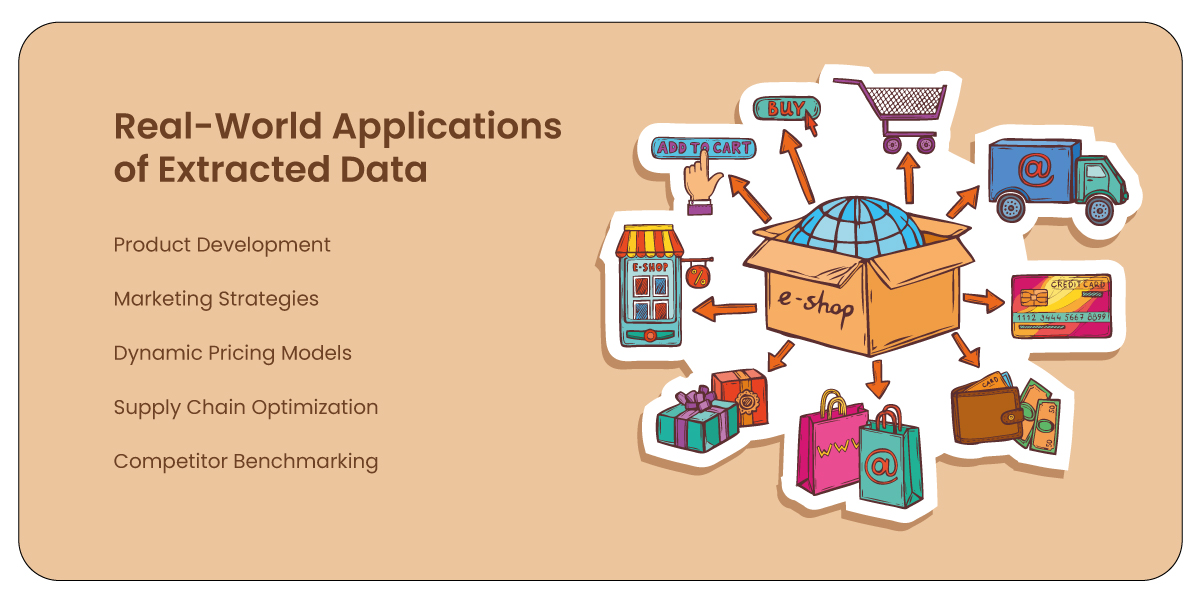
The benefits of Extracting Grocery & Gourmet Food Data extend across various business
functions:
1. Product Development: Use consumer feedback to refine or develop products
tailored to local tastes.
2. Marketing Strategies: Create data-driven campaigns to target specific demographics
effectively.
3. Dynamic Pricing Models: Stay competitive by adjusting prices based on market
trends.
4. Supply Chain Optimization: Use inventory data to streamline distribution networks.
5. Competitor Benchmarking:Stay ahead by analyzing competitors' pricing and
promotional strategies.
Case Study: Leveraging Quick Commerce Data for FMCG Success
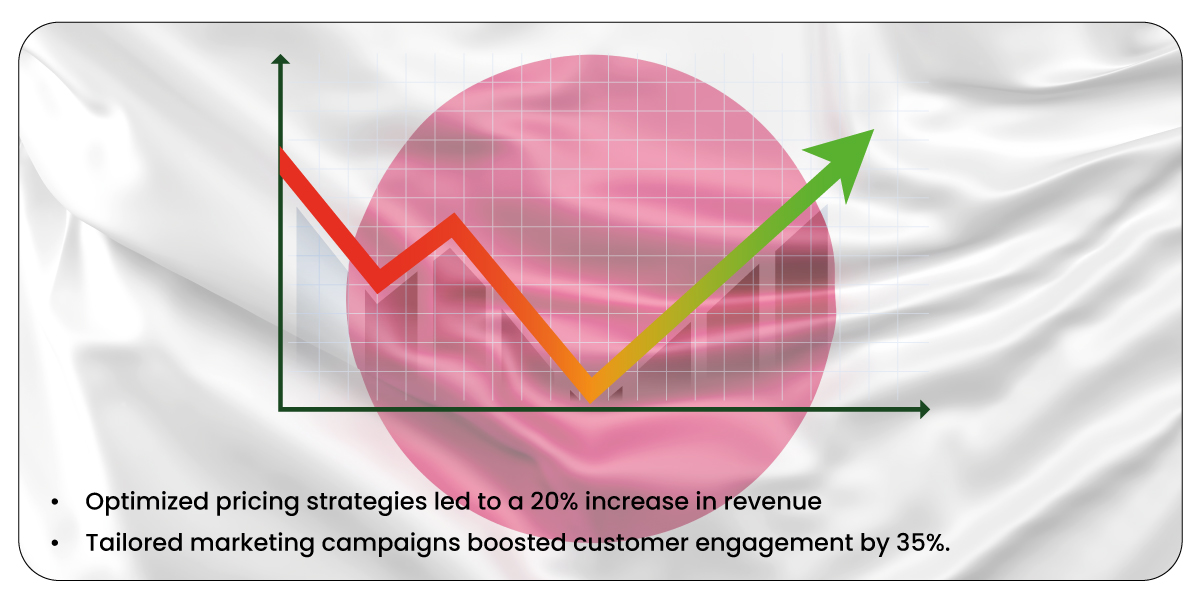
Scenario: A Japanese FMCG company wanted to enhance its market share in Tokyo.
Approach:
1. They utilized Web Scraping Grocery Delivery Data to collect insights from leading
quick commerce apps.
2. The focus was on Grocery Pricing Data Intelligence and analyzing consumer
behavior.
3. NLP tools were used to translate consumer reviews into actionable insights.
Results:
- Optimized pricing strategies led to a 20% increase in revenue.
- Tailored marketing campaigns boosted customer engagement by 35%.
- Improved product availability through better inventory management.
Legal Considerations
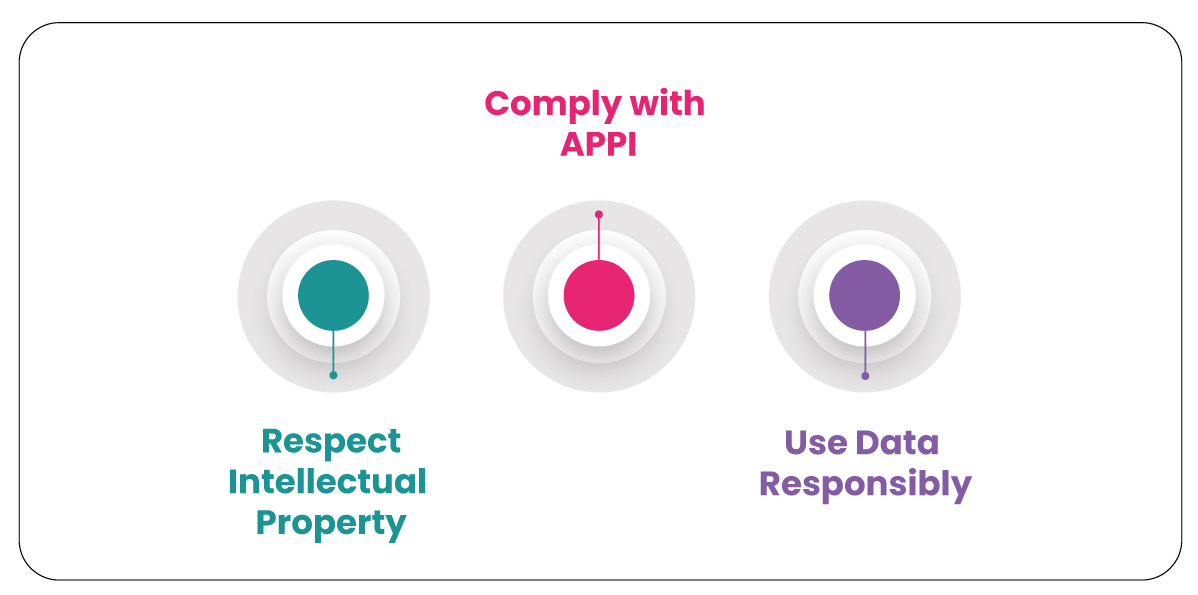
When scraping data, it's vital to:
- Respect Intellectual Property: Avoid extracting copyrighted material.
- Comply with APPI: Ensure personal data is anonymized and handled responsibly.
- Use Data Responsibly: Focus on deriving insights without harming consumer trust.
The Future of FMCG Data Extraction

As quick commerce continues to evolve in Japan, Scraping FMCG Data from Japan's Quick
Commerce Apps will become increasingly sophisticated. Emerging technologies like AI and
machine learning are set to revolutionize how data is collected and analyzed. Companies
that invest in these capabilities will stay ahead in a competitive landscape.
Conclusion
Extracting valuable FMCG data from Japan's quick commerce apps is no longer a luxury—it's
a necessity. By leveraging Grocery and supermarket Data Scraping Services, businesses can
unlock insights that drive growth, optimize operations, and enhance customer satisfaction.
Whether focused on Web Scraping Quick Commerce Data, Extracting Grocery & Gourmet
Food Data, or gaining actionable intelligence, adopting the right tools and strategies ensures
success. Japan's dynamic market awaits those prepared to harness data's power effectively.
At Product Data Scrape, we strongly emphasize ethical practices across all our services, including Competitor Price Monitoring and Mobile App Data Scraping. Our commitment to transparency and integrity is at the heart of everything we do. With a global presence and a focus on personalized solutions, we aim to exceed client expectations and drive success in data analytics. Our dedication to ethical principles ensures that our operations are both responsible and effective.










































.webp)






